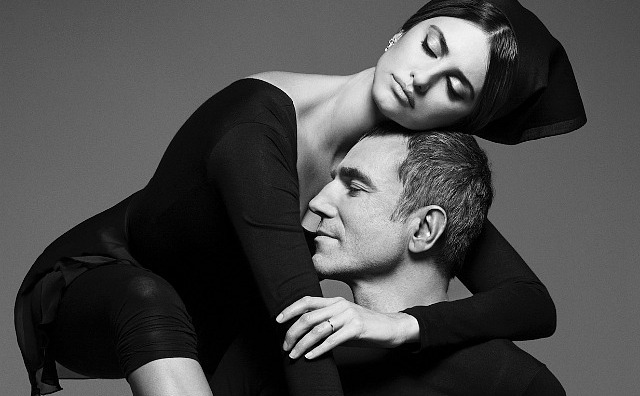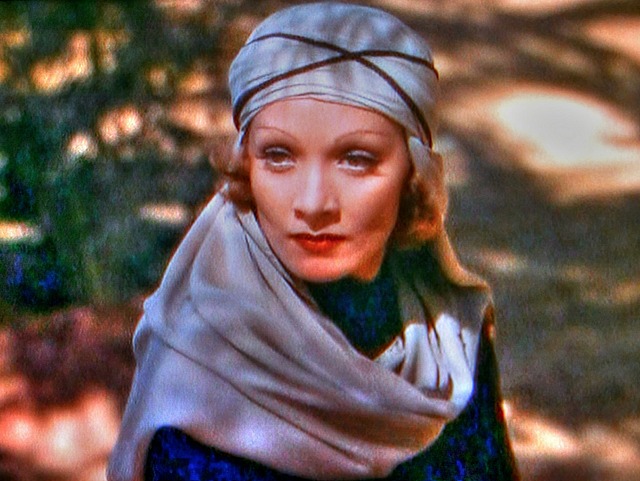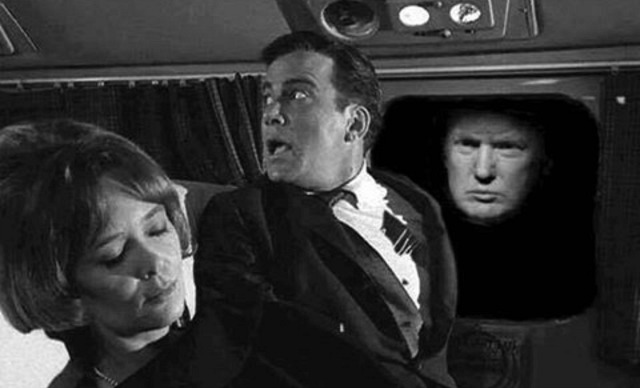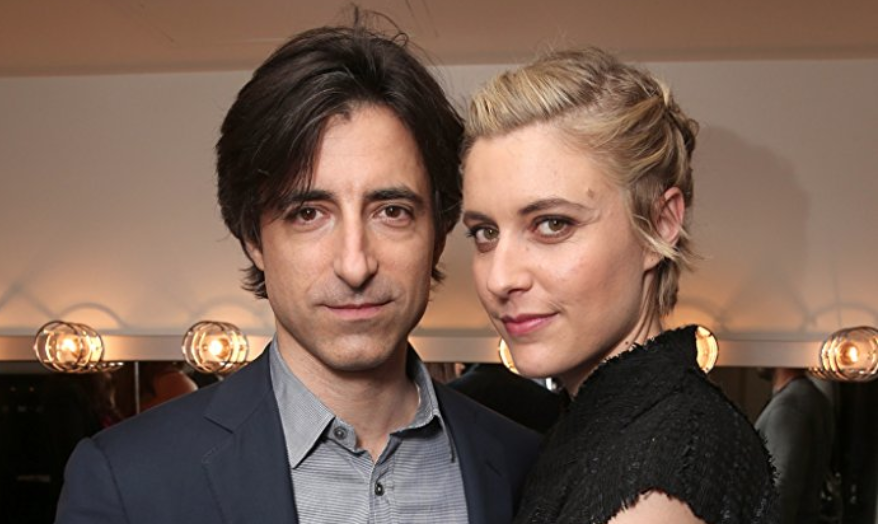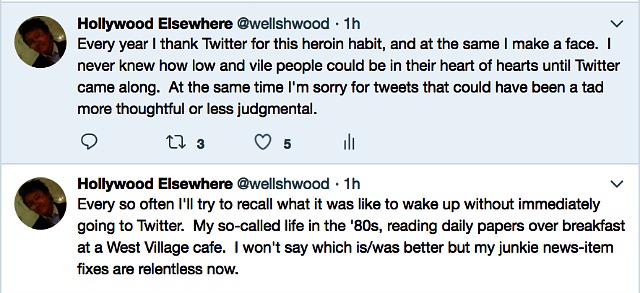
Daily
Twitter Mafiosos & Their Herd-Mentality Games
Last night I tweeted that the “Get Out might win Best Picture” thing is a bizarre enthusiasm that seems to be about (a) extending the #OscarsSoWhite guilt complex by supporting a politically “woke” film, (b) industry POCs doing their usual identity-politics bonding and (c) GenX and Millenial coolios wanting to crown a horror-satire genre film for sheer perversity’s sake, largely because it doesn’t exude traditional Best Picture criteria.
I was inspired by a conversation between publicist Daniel Plainview (i.e., ClooneyDisciple), senior Indiewire critic David Ehrlich and Atlantic associate editor David Sims.
Plainview began by tweeting that “the only movies I think have a chance to win Best Picture in the order of likelihood (as of 12/30): 1. Get Out, 2. The Post, 3. Lady Bird, 4. Dunkirk, 5. Three Billboards.” Ehrlich: “I don’t think 3 billboards has a chance.” Sims: “It has a chance if the [Oscar noms] match the enthusiasm the guilds are showing for it. Like, if [Martin] McDonagh gets a directing nom and it gets 2 supporting actor slots? Look out.”
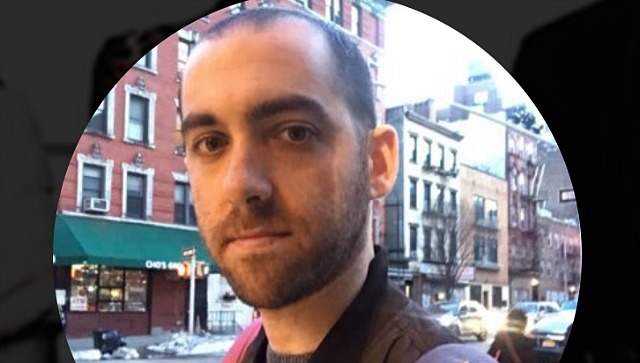
Twitter photo of Get Out devotee & propagandist “Clooney Disciple”
Then Ehrlich said, “I think it’s Get Out, The Post and Lady Bird, with Nolan winning for directing [Dunkirk].” And then Sims asked, “Where is this Get Out resurgence coming from? I say this as someone who predicted it a while back [but] this all just stinks of a wide-open race to me…I need the noms to help sort things out!”
And then Plainview laid his agenda on the kitchen table. “I think it’s still pretty wide open,” he told Sims, “but Get Out is (1) genuinely beloved, (2 & 3) a political choice AND a woke choice, (4) a hit, and (5) the rare movie to actually benefit from being released forever ago — it’s only gained momentum in the cultural conversation over last 10 months.”
What he meant by calling Jordan Peele‘s film “political” and “woke” is that the Academy needs to demonstrate for a second year in a row that #OscarsSoWhite mentality has been expunged and wiped clean. He meant that while 2017 was clearly owned by strong, stand-up women and the #MeToo pushback against sexually inappropriate behavior, renouncing #OscarsSoWhite is still paramount.
All But Forgotten
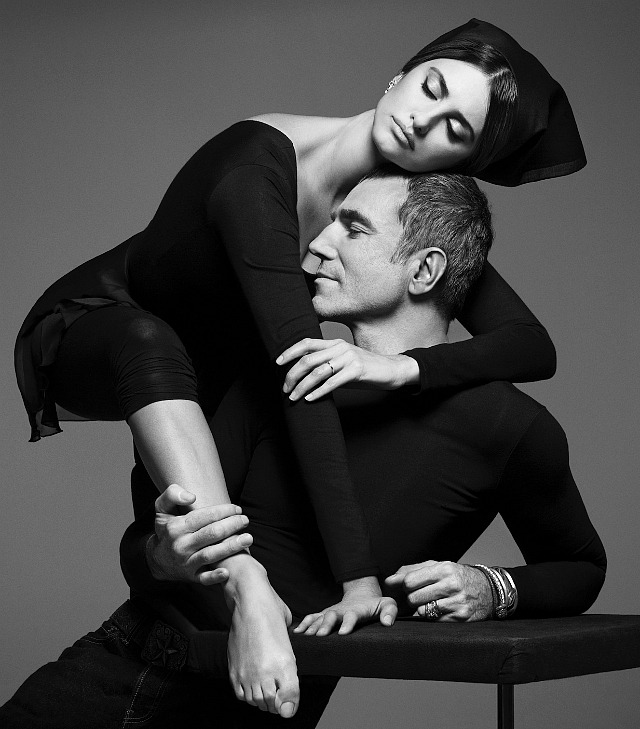
Penelope Cruz, Daniel Day Lewis during a promotional photo shoot of Rob Marshall‘s Nine, which no one wants to even think about much less recall or re-watch. I can barely remember a single scene from this 2009 Weinstein Co. release. I saw it once and put it out of my head. Okay, I remember DDL driving along Italy’s Amalfi coast in a hot sports car, heading toward Positano.
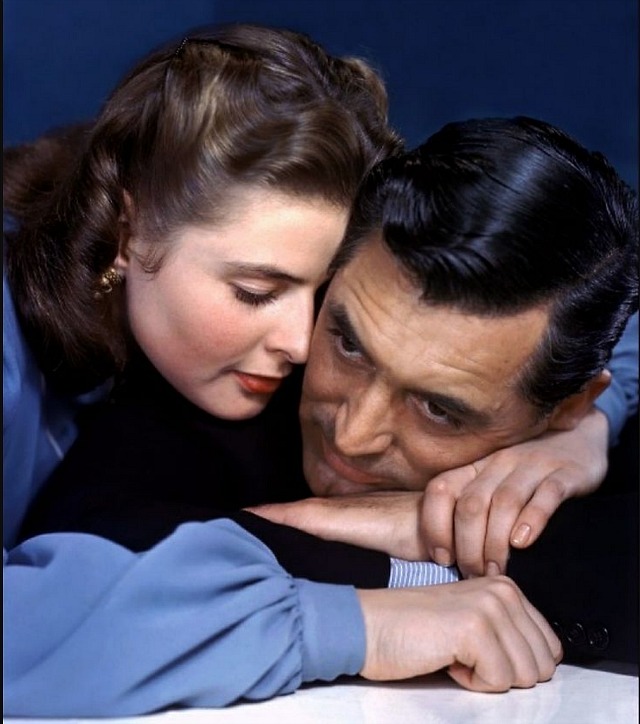
Ingrid Bergman, Cary Grant during or after filming of Alfred Hitchcock’s Notorious (’46).
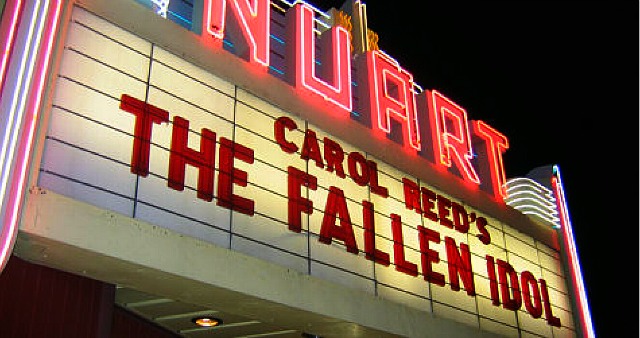
70mm Is For The Tourists
Last night I persuaded Tatyana to attend a 70mm screening of Lawrence of Arabia at the American Cinematheque Egyptian. She had never once seen it and was barely familiar with T.E. Lawrence, and I figured that despite the Egyptian’s so-so presentation it would be worthwhile for her to see it on a monster-sized screen with a big crowd of fans. I wasn’t delighted with the lack of truly sharp focus and that punch-through, extra-knockout quality that 70mm used to signify (but signifies no longer), but I didn’t mind it.
I was saying to myself over and over, “If only that amazing micro-sharp detail contained in the Amazon 4K streaming version of this classic David Lean film could somehow be projected…wow!”
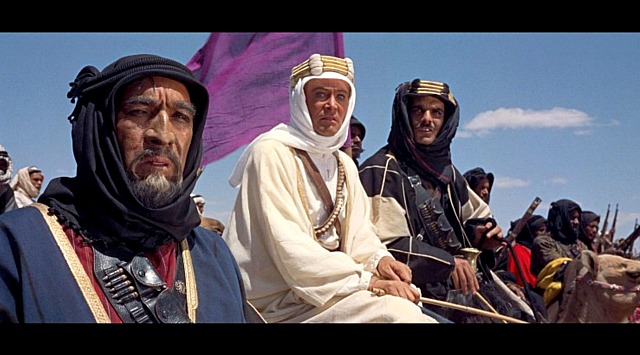
Posted roughly a year go: “I shelled out $20 bills in order to watch Amazon’s 4K streaming version of Lawrence of Arabia, and I was really, seriously stunned by the miraculous detail.
“I’ve seen the restored, 8K-scanned Lawrence digitally projected via DCP under high-end conditions and at home via 1080p Bluray, and there’s no denying that the 4K streamed version (which is not real-deal 4K due to intense compressing, but somewhere between 2K and 4K) is really a cut above.
“Coffee Boy” Collusion
From a 12.30.17 N.Y. Times piece, written by Sharon LaFraniere, Mark Mazzetti and Matt Apuzzo: “The hacking and the revelation that a member of the Trump campaign may have had inside information about it were driving factors that led the F.B.I. to open an investigation in July 2016 into Russia’s attempts to disrupt the election and whether any of President Trump’s associates conspired.
“If Mr. Papadopoulos, who pleaded guilty to lying to the F.B.I. and is now a cooperating witness, was the improbable match that set off a blaze that has consumed the first year of the Trump administration, his saga is also a tale of the Trump campaign in miniature. He was brash, boastful and underqualified, yet he exceeded expectations. And, like the campaign itself, he proved to be a tantalizing target for a Russian influence operation.
While some of Mr. Trump’s advisers have derided him as an insignificant campaign volunteer or a ‘coffee boy,’ interviews and new documents show that he stayed influential throughout the campaign. Two months before the election, for instance, he helped arrange a New York meeting between Mr. Trump and President Abdel Fattah el-Sisi of Egypt.
“The information that Mr. Papadopoulos gave to the Australians answers one of the lingering mysteries of the past year: What so alarmed American officials to provoke the F.B.I. to open a counterintelligence investigation into the Trump campaign months before the presidential election?
“It was not, as Mr. Trump and other politicians have alleged, a dossier compiled by a former British spy hired by a rival campaign. Instead, it was firsthand information from one of America’s closest intelligence allies.”
Hugs & Happiness Grate On My Soul
Here’s the original Sebastian Shaw finale of Return of the Jedi (’83). It this still the most disappointing ending of a big-budget, big-studio release in motion picture history? It numbed and crushed me when I saw it in early May 1983. Hugs, music, drumbeats, bonfires and little dancing pooh-bears? I saw it with two or three friends at an all-media screening at Loews Astor Plaza, and it was like the wind had been knocked out of us. Onward to Solo and Episode IX and the fall of Donald Trump, I know, but I’ll never forget the horrible feeling this film injected into my veins.
After The Empire Strikes Back, George Lucas had a chance to enter the pantheon of great human storytellers. Go ahead, laugh…but his Star Wars movies brought him to the edge of greatness. After his first two and even after the disappointment of Return of the Jedi, all Lucas had to do was a great prequel trilogy. Had he blown us away with Episodes I – III, he would have joined…brace yourselves… Shakespeare, Kurosawa, the Brothers Grimm and the others in the Hall of Stories. His influence on movies and marketing is not in dispute. I’m saying the stories themselves were good, and had potential to be great. His characters, their universe, the backstory…they bored into our minds until they became archetype. Jedi-ism is even a recognized religion in some places.
Lucas was right there, right on top of it and he blew it. Like the Wachowski brothers, he had a chance to make something great…bigger than him, bigger than all of us. Something to last into the future. Had he made a cohesive six-story epic that excited and held our fascination, he’d be in, and they’d still be talking about The Force and Darth Vader a thousand years from now. But like the makers of The Matrix, Lucas is going down in flames. Of all the storms creative people weather in their lives, why must the hardest be success?” — The Light That Failed,” posted on 4.15.05
Screwed by Amazon, Arrow
A few weeks ago I ordered Arrow’s Bluray of an original negative restoration of Billy Wilder‘s The Apartment. But the higher-than-expected orders exceeded the limited inventory (3000 copies) and so I’m one of the empty-handed ones. My original order was through Amazon; I just tried to re-order it again at the Arrow website, but it wouldn’t allow me to pay. What a bunch of jerk-offs. The Arrow price is 25 pounds or $33.79. Now it’s selling on E-Bay for $179, $85, $100.99, $75.99 and $87.00. Update: I just ordered a copy through Amazon UK, costing $30something. Arrival between 1.11.18 and 2.2.18.
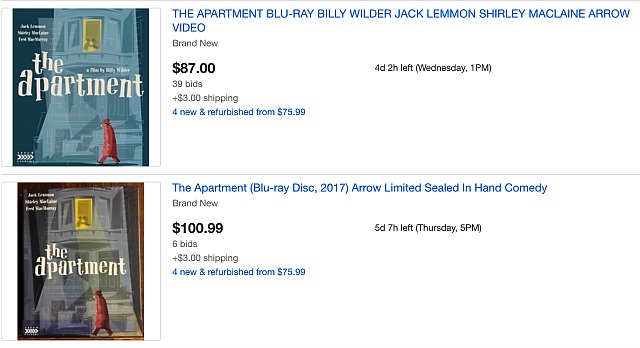
How Robust Can Dead Look?
Criterion is releasing a 4K-scanned, digitally restored Night of the Living Dead Bluray on 2.13.18. Restored by the Museum of Modern Art and The Film Foundation with funding from the George Lucas Family Foundation and the Celeste Bartos Fund for Film Preservation — great. But how much better can this 1968 black-and-white cheapie look? Get real.
I love NOTLD, but it wasn’t shot by Vittorio Storaro or Gordon Willis or Conrad Hall or the ghost of Gregg Toland. (Director & co-writer George Romero handled the 35mm lensing.) It was just a fast little indie, shot on the fly.
I’ve seen a couple of upgraded versions over the last decade or so. I’m very glad that a 4K Criterion version will soon be available for one and all, but what kind of “bump” can realistically be expected?
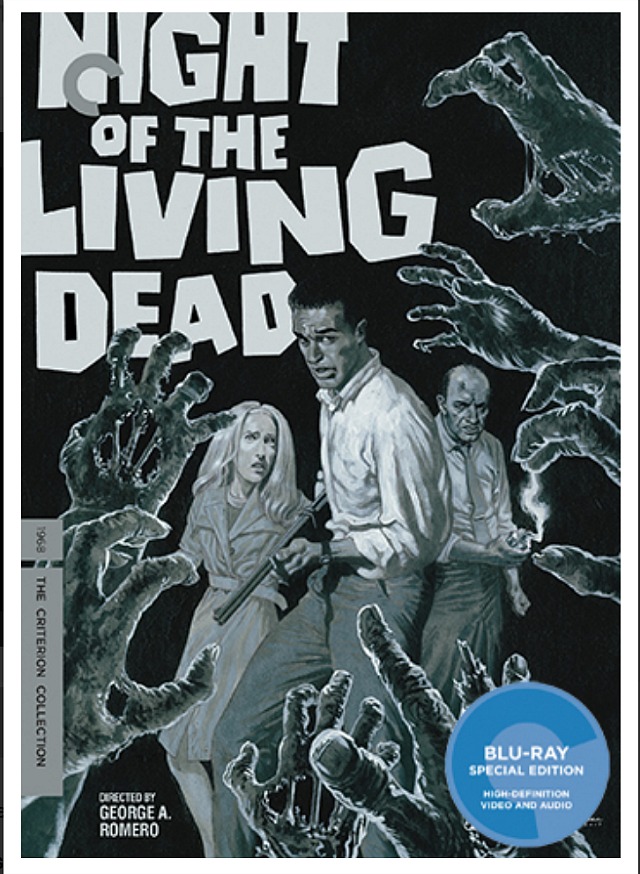
An 11.16.95 article by Knight-Ridder’s Doug Nye, titled “Night Of The Living Dead Is Brought Back To Life”:
“The movie was criticized for its ‘amateurish visual style.’ Some critics speculated that Living Dead had been shot on 16mm film and then blown up to 35mm for theatrical release. Actually Romero shot the movie on 35mm film stock, but the independent film distributors of the day showed very little concern about quality when it came to making prints of a film.
“Romero was always troubled by the fact that few people ever saw the original Living Dead the way it was meant to be seen.
“This Is A Level of Mental Functioning…”
“…that is not particularly acute.” In other words, fraying, undisciplined, wackadoodle.
From Ezra Klein‘s 12.29 Vox piece, “Incoherent, Authoritarian, Uninformed: Trump’s New York Times interview Is A Scary Read“:
“Imagine how we would react to literally any other president speaking like this. Trump has bludgeoned us into becoming accustomed to these kinds of comments but that, too, is worrying.
“This is the President of the United States speaking to the New York Times. His comments are, by turns, incoherent, incorrect, conspiratorial, delusional, self-aggrandizing and underinformed.
“This is not a partisan judgment — indeed, the interview is rarely coherent or specific enough to classify the points Trump makes on a recognizable left-right spectrum. [And] I am not a medical professional, and I will not pretend to know what is truly happening here. It’s become a common conversation topic in Washington to muse on whether the president is suffering from some form of cognitive decline or psychological malady. Whatever the cause, it is plainly obvious from Trump’s words that this is not a man fit to be president, that he is not well or capable in some fundamental way.”
Slice It Any Way You Like
This sort of thing always tests relationships that are grounded in commercial filmmaking, creativity and collaboration. This isn’t my business and I’m not a gossip columnist, but if I were Noah Baumbach I might be feeling….what, a bit twitchy about this? Not necessarily “resentful” but not, shall we say, entirely at peace. By the way: I never realized that Baumbach’s brilliant Greenberg (’10), which delivers a very particular kind of neurotic morose humor and which is known for being something of a bust, grossed more than the two Baumbach-Gerwig collaborations, Frances Ha (’13) and Mistress America (’15), the latter being a crackerjack modern-day farce a la His Girl Friday.
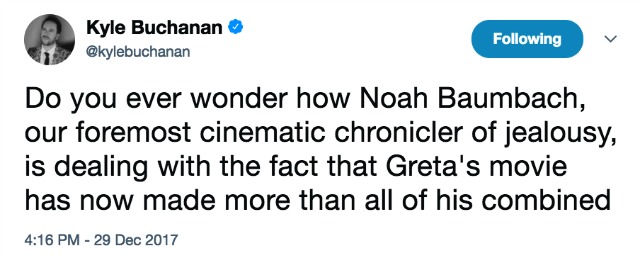
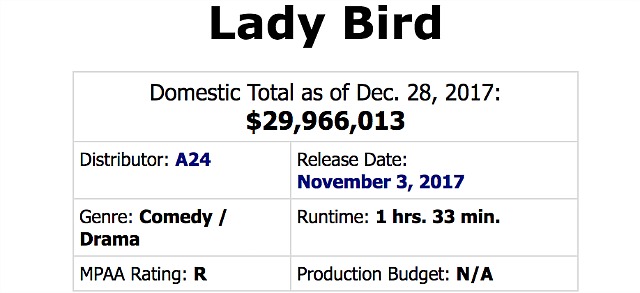

Happy Avoidance!
Sunday night will be my first married New Year’s Eve since…Jesus, since ’90. My inclination has always been to stay the hell away from New Year’s Eve celebrations unless, you know, I’ve been invited to a private soiree of some kind, and even then I’m not without reluctance.
From a 12.30.16 piece called “Rookie Revelers”, which conveyed the same thing I say every year: “New Year’s Eve is commonly known among service industry types as ‘amateur night.’ Meaning that people who don’t go out or even drink much are suddenly out on the town, and for the most part spreading the noxious atmosphere of forced gaiety.
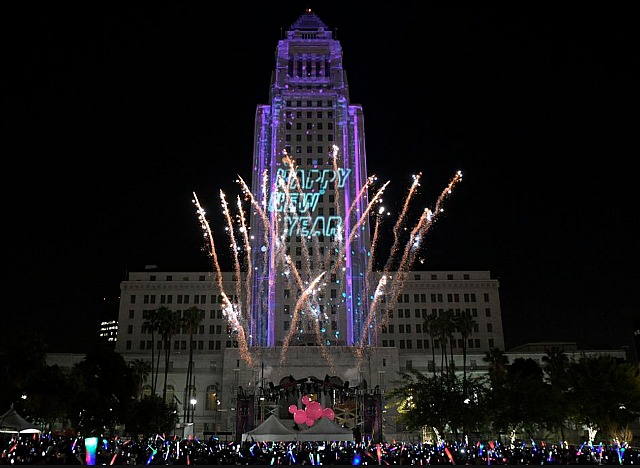
“People of character do one of three things on New Year’s Eve: (a) attend a smallish party with friends or hit a nice restaurant — anything but a loud, noisy gathering of any kind; (b) find some secluded spot with a great view of a big city or valley and just settle into the idea of watching distant fireworks and listening to the sounds of far-off honking and whoo-whooing; and/or (c) hit the hay by 1 or 1:30 am, tops.”
Filmmaker friend: Happy new year, man! And many cinematic feasts to come!
HE: Back at you…cheers! Are you a quiet, stay-home-by-the-fire guy on New Year’s Eve, sipping a cup of tea and maybe reading or watching a film? You just don’t seem like a party animal type. I’m sure not.
Filmmaker friend: I am in Mexico, travelling through small rural communities, really. I will be with the kids and my high school pal on New Year’s Eve, and will probably call [a pair of filmmaking friends] and that’s the night!
HE: Sounds good. Auld acquaintance.
Filmmaker friend: I am quite a hermit. Always have been.
Whoa…Downsizing FYC Ads!
I was under an impression that Paramount had decided not to run FYC ads for Alexander Payne‘s Downsizing, given the underwhelming response from critics and (from what I hear) industry audiences. But now they’re running ads on behalf of costar Hong Chau, who’s been nominated for Best Supporting Actress by the Critics’ Choice Movie Awards, the HFPA (Golden Globe awards) and the Screen Actors Guild (SAG). Hollywood Elsewhere, which has run many FYC Paramount ads in years past, would’ve liked to have been in on this. Was I…what, punished for describing her character as “spirited, peg-legged and often hard to understand”? That doesn’t mean an Academy or SAG member couldn’t legitimately say “I liked her performance enough to nominate it.” Hollywood Elsewhere believes in striking performances!



